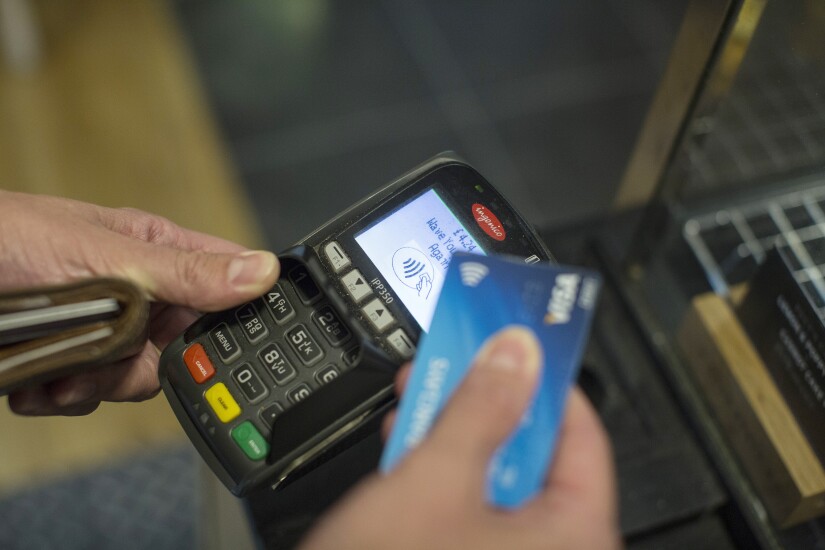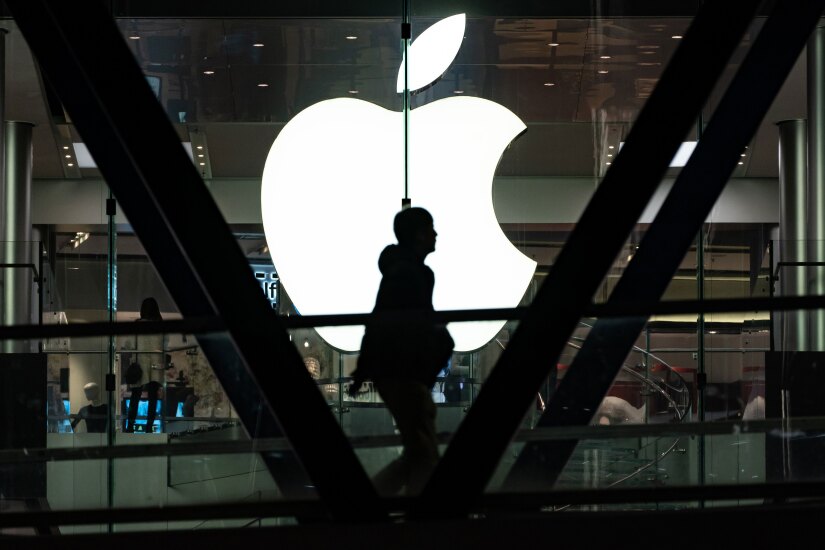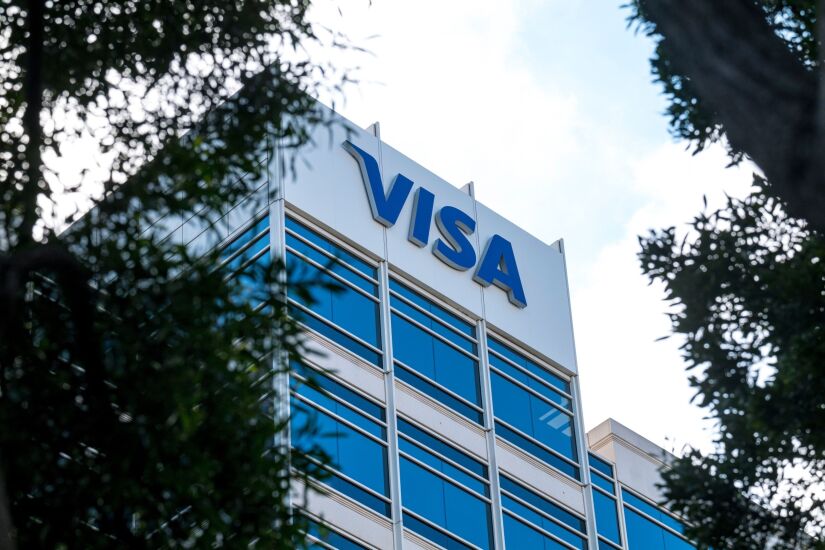The payments industry's maturation from static point-of-sale terminals is giving merchants a greater ability to diversify how they use space and engage with customers.
While firms like Block have long offered hardware attachments to phones to accept credit cards, new options allow the phones to act as point-of-sale devices without an attachment. Called tap to pay or softPOS, this technology minimizes the work required for merchants and, along with other innovations such as checkout-free store design, can push in-store terminals deeper into the past.
"SoftPOS is the next step in the evolution of payment acceptance in the physical world," said Thad Peterson, a strategic advisor at Aite-Novarica. "With no hardware cost, full portability and no need for an extensive POS back end, SoftPOS is ideal for micro merchants who have previously had to use a dongle to enable card payments."
But it's not limited to small merchants, since softPOS can also put checkout into the hands of sales personnel at a larger store.
Enterprise-level retailers see an opportunity to use SoftPOS to provide queue-busting capabilities as well as enable payments anywhere in the retail space, according to Peterson. "And, since a smartphone can access mobile networks in addition to Wi-Fi, SoftPOS can also be used as a backup to installed POS in the event of a system or network failure," Peterson said.
Here's a look at firms that have advanced softPOS over the past year.















